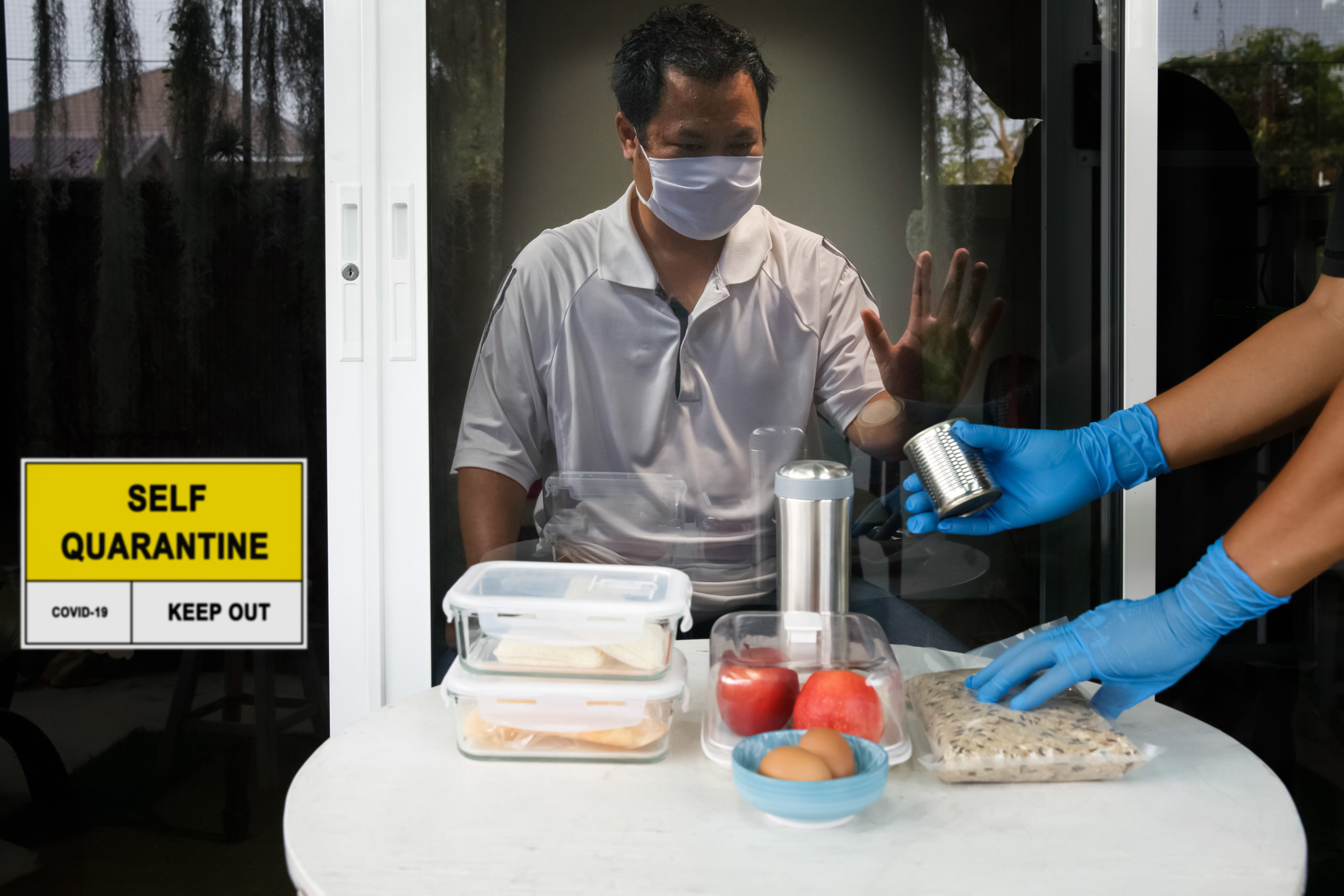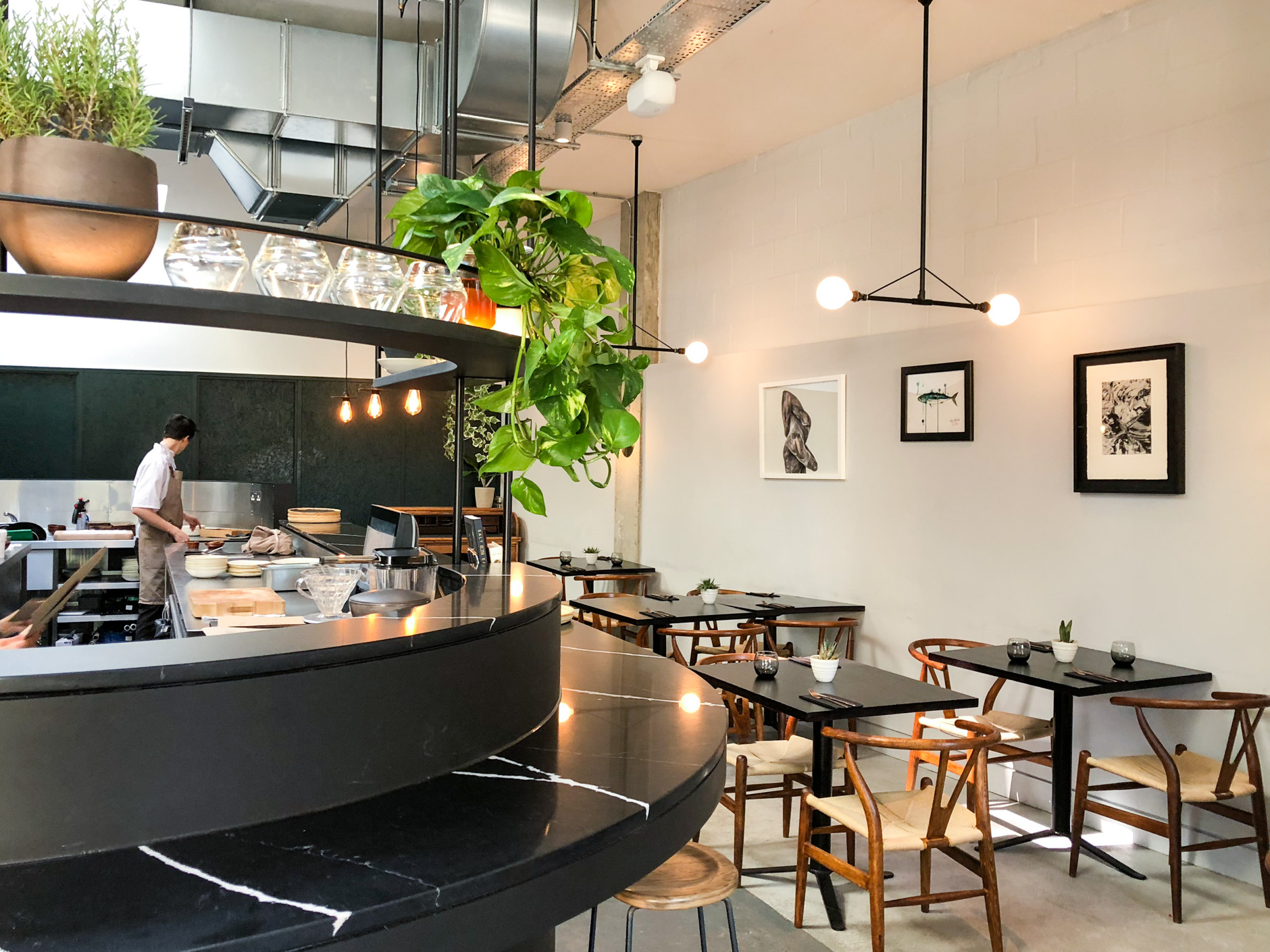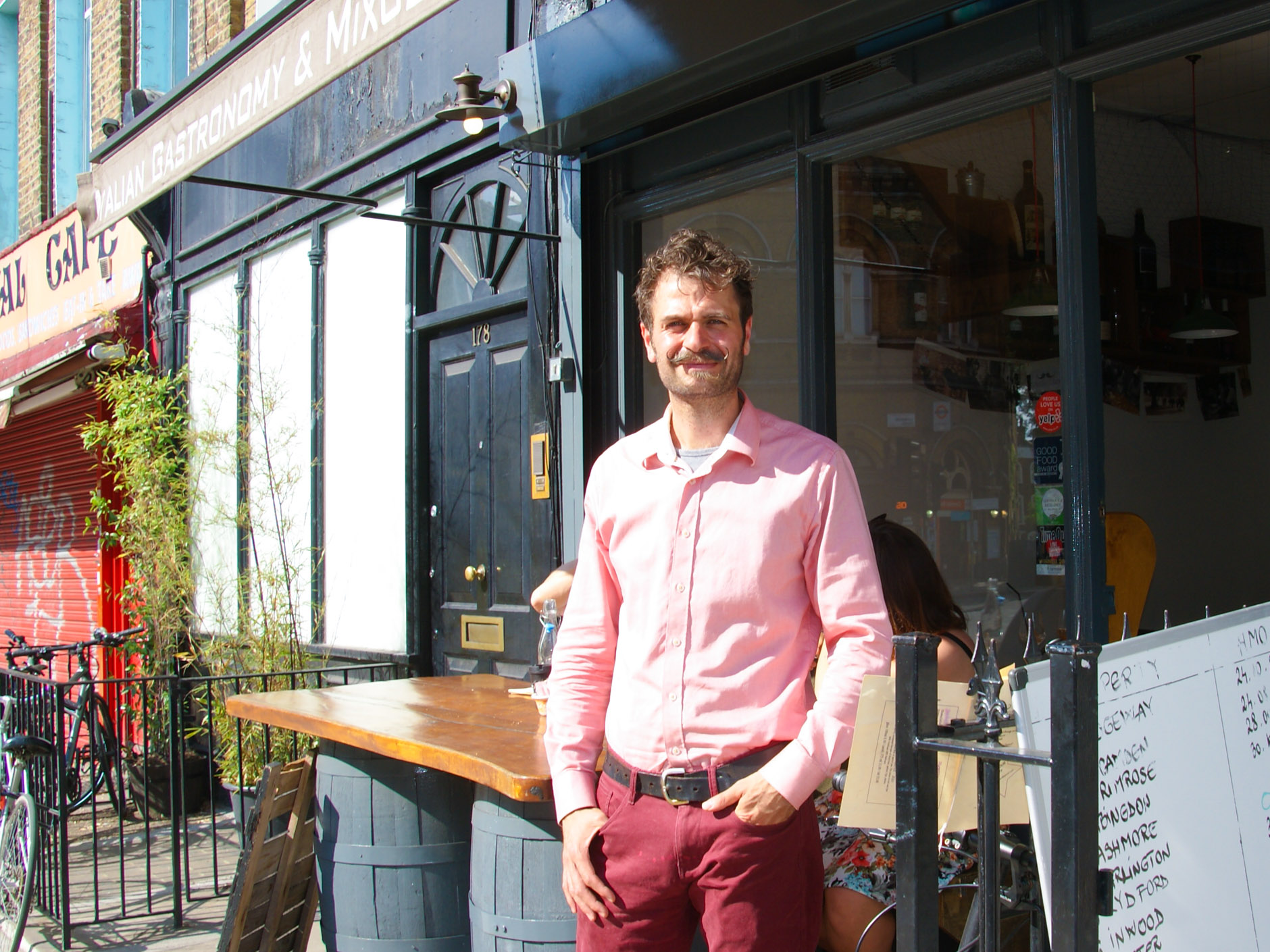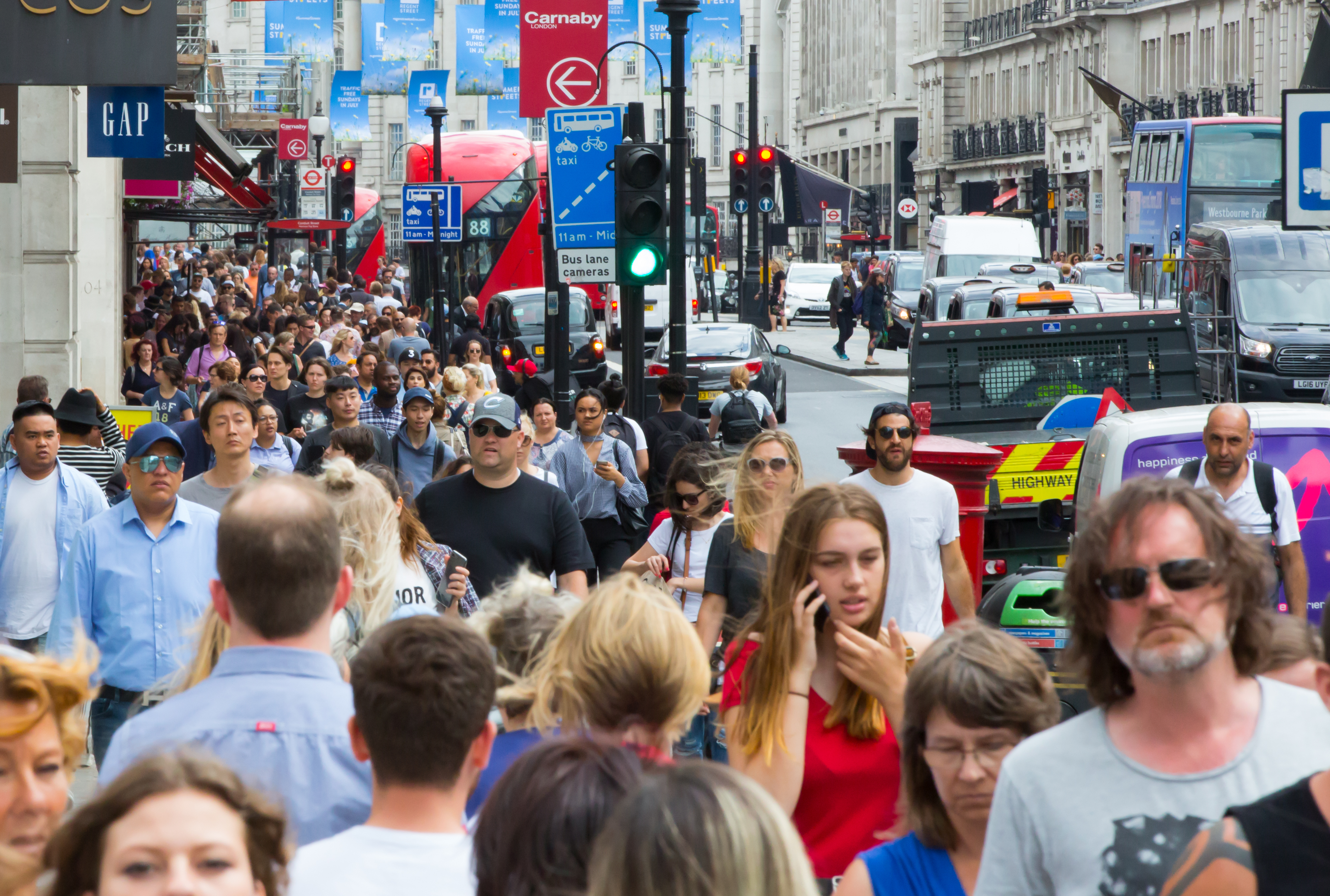It was like a scene straight out of No Country for Old Men. A mysterious, menacing fellow – let us just call him Javier – held a device against my forehead. I shuffled nervously and glanced at my mate behind me. Javier stared at me and pulled the trigger. At that moment, the world went quiet. He tried again. Still nothing.
“I’m really sorry man, this thermometer doesn’t seem to be working properly today.”
“No worries, I’m fine. Can I go in now?”
“Sorry I cannot let you in if I don’t take your temperature. Do you mind washing your face before coming back? Your sweat may be making the thermometer go wonky.”
“I’m not sick, I just want a pepperoni pizza. Could you try again?”
Beep. 33.4 degrees. Had the thermometer been correct, I was about to die of hypothermia. “Perfectly normal”, said Javier as he waved me in cheerfully. “Enjoy your meal!”
The world is on lockdown because of a virus with a name like a Mexican beer. People have emptied the supermarket shelves and have shut themselves indoors in fear, taking with them a hoard of pasta, Spam, instant noodles, rice and Spam. A friend of mine in New York said that fear has descended upon the city that has become the new epicentre of the pandemic. A third of ambulance drivers apparently have the disease but they carry on driving. Late night talk show hosts broadcast from their own homes with their guests on Skype. They are running out of guests so they have to talk to each other on the air. Last night, I watched Stephen Colbert interview John Oliver.
All across the globe people are starting to struggle in self-isolation, their world of constant attention suddenly scarily serene. Give them a couple more weeks and they will start clicking on those popups on seedy websites advertising hot singles in their area. I get texts from acquaintances I have not heard from in years. “You up?” they ask, not knowing it is lunch time in my part of the world. I ignore them and take a bite out of my pizza. In a restaurant. Downtown. Surrounded by strangers. Outside, office workers were shouting into their Airpods as they tried to conduct business deals in the lunchtime queue. Welcome to Singapore, one of the few cities in the world still open for business.
Make no mistake, this is not business as usual. Since February, the government has been slowly but steadily introducing more containment measures. Many companies have split their employees into separate teams and encouraged them to work from home, although I cannot see how taking turns to go to work each day benefits both productivity and safety. When the coronavirus situation blew up in the West, the government closed the borders and made it illegal to stand less than a metre away from a stranger in a queue. To stop people getting too close to each other during lunch, an army of workers slogged through the night to stick duct tape on every alternate chair in every restaurant and food court in the country. And if that was not enough, the government ordered all karaoke bars, clubs and cinemas to close, to the chagrin of an unholy alliance of university students and enlisted members of the armed forces who just wanted to party on. Restaurants could remain open if they tracked everyone who came in and took their temperature. Somehow, wine bars that served food counted as restaurants. You pretty much have to order cake to go with your fine wine.
This time will pass… I have no idea how long it will take, but it will definitely get better
When opportunity arises, a Singaporean would queue for anything. When McDonalds released a limited-edition soft toy, Singaporeans camped outside the golden arches overnight to snag a plushie they didn’t even want. Around the block, people did not even know what they were waiting for, but it had to be good, so they stood in line anyway. Now, despite the economic slowdown, some of the queues for food have got longer, though it might just be an illusion since people must now stand further apart. At the only Michelin-starred noodle stall in the country, the wait was two hours, down from three. Two weeks ago, when Malaysia announced at midnight it was closing the land border to prevent imported coronavirus cases, people charged into 24-hour supermarkets and grabbed anything remotely Malaysian they could get their hands on. Just for laughs, I popped by my local shop to take a look, where I overheard an exasperated woman who stood by the empty produce shelves ordering her husband to put the broccoli back because it was Australian.
Nothing is normal. Regardless of where one looks, there is trouble over the horizon. To the north, Malaysia has imposed a movement control order on its citizens. In the south, Indonesia has declared a state of emergency. Australia and New Zealand have banned foreigners for the next six months. India is under curfew. It hardly matters that the city has the best airport in the world, fully equipped with butterfly gardens and an indoor waterfall, because nobody is here to see it. It is a ghost town. One no longer has to pay the congestion charge to drive into the city centre because there is simply no more congestion. Before Gary, a Grab driver (our version of Uber, but with fewer Toyota Priuses) picks me up, he had driven around the central business district all day and only found one other passenger. On a good day, he makes enough to cover the car rental and petrol.
But like Queen Victoria, Gary was not amused. Nobody seems to be bothered by the coronavirus pandemic. It could well be that for the past 54 years, Singaporeans have learnt that crises generally happened to other people, and this one would not be any different. This country will prevail because we have a responsible government and deep financial reserves and we wash our hands to catchy tunes sung by has-been comedians. The fact that people act as if everything is fine despite all appearances to the contrary makes the whole situation here so absurd. When I ask if he was going to be alright, Gary the Grab Driver shrugs nonchalantly and tries to sell me a crash course in commodities trading. That is his full-time job now. When he drops me off, he tells me to be safe and offers me hand sanitiser.
Singaporeans are behaving responsibly and helping each other because they believe this is a terrible situation that can only be overcome together
Episodes of panic-buying and hoarding are contained almost immediately with coordinated messages from ministers and supermarket executives showing off the country’s towering food stockpiles. They are the exception to the norm. Every day we are told how well we are doing vis-à-vis the rest of the world, that our response to the outbreak is ‘world class’. Every day, government ministers give a press conference announcing new restrictions, which we as a people insouciantly accept. Almost everyone I know has been following the official instructions as if they have lived like this their entire life. They stand quietly in the queue, one metre apart, wait to have their temperatures taken by Javier with his broken thermometer, sit down quietly, eat their pizza, sanitise their hands and leave without anything as much as a grumble. No invading others’ personal space, no touching all the microphones at a press conference, no shaking hands.
Somehow, I expected people to be resistant to change, to be addicted to convenience and entitled to comfort. I expected that people, being people, will revert to type and flout the rules just because they feel like it. Surely, human nature would prevail. Alas, I was completely wrong. Singaporeans are behaving responsibly and helping each other in spite of the looming recession and global pandemic because they believe this is a terrible situation that can only be overcome together. Amidst all this, I managed to get a reservation at Mitsuya, a sushi restaurant in the city centre. They were usually full. This time though, I was the only diner, staring at three chefs across the counter. The restaurant, and others like it, can afford to remain open as they receive grants from the government, which will also co-pay workers’ salaries until the end of the year. George, the Singaporean apprentice, smiles at me. “This time will pass”, he said. “I have no idea how long it will take, but it will definitely get better.” He serves me a piece of baby sea bream seasoned with a dash of soy sauce and a heaped spoonful of hope.






